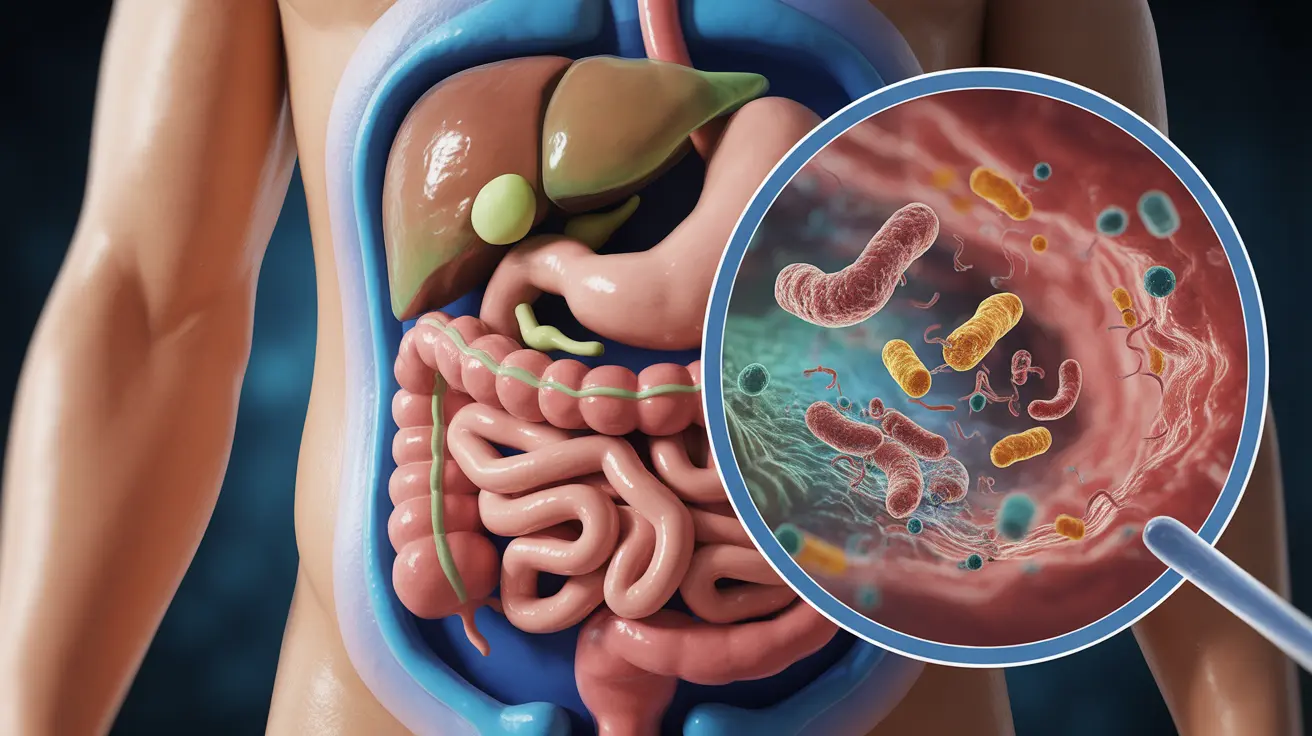The human body is home to trillions of microscopic organisms, and among these tiny inhabitants, good bacteria play a crucial role in maintaining our health. These beneficial microorganisms, particularly those residing in our digestive system, form an intricate ecosystem that supports everything from nutrient absorption to immune function.
Understanding how good bacteria work and learning to support their growth can significantly impact our overall wellbeing. Let's explore the fascinating world of beneficial bacteria and discover how to harness their power for better health.
The Vital Functions of Good Bacteria
Good bacteria, also known as beneficial microorganisms or probiotics, perform several essential functions in our body. They help break down food, produce vital nutrients, and maintain the integrity of our digestive tract's protective barrier. These microscopic allies also help regulate our immune system and protect against harmful pathogens.
Supporting Digestive Health
In the digestive system, good bacteria assist in breaking down complex carbohydrates and proteins that our bodies couldn't process otherwise. They also help produce important vitamins, including vitamin K and several B vitamins, while supporting the absorption of minerals like calcium and iron.
Strengthening Immune Function
Beneficial bacteria play a crucial role in training and modulating our immune system. They help identify harmful pathogens and trigger appropriate immune responses, while also preventing overreaction to harmless substances that could lead to allergies or inflammation.
Maintaining Healthy Bacterial Balance
Several factors can affect the balance of good bacteria in our body, including diet, stress, and medication use. One of the most significant impacts comes from antibiotic use, which can inadvertently eliminate beneficial bacteria alongside harmful ones.
Natural Sources of Good Bacteria
Many fermented foods naturally contain beneficial bacteria, including:
- Yogurt with live cultures
- Kefir
- Sauerkraut
- Kimchi
- Kombucha
- Miso
Prebiotic Foods for Bacterial Growth
To support the growth of good bacteria, include these prebiotic-rich foods in your diet:
- Garlic and onions
- Bananas
- Asparagus
- Jerusalem artichokes
- Whole grains
- Chicory root
Protecting Good Bacteria During Antibiotic Treatment
When antibiotics are necessary, taking specific steps can help protect your beneficial bacteria. Consider taking a high-quality probiotic supplement at least two hours apart from your antibiotic doses. Continue this practice for several weeks after completing your antibiotic course to help restore your gut flora.
Frequently Asked Questions
- What are good bacteria and how do they benefit my digestive health?
Good bacteria are beneficial microorganisms that help break down food, produce essential nutrients, and maintain digestive tract health. They assist in nutrient absorption, help prevent digestive issues, and maintain a balanced gut environment.
- How can I protect and support good bacteria in my gut during and after antibiotic use?
Take probiotics at least two hours apart from antibiotics, eat fermented foods, and consume a diet rich in prebiotics. Continue these practices for several weeks after completing antibiotics to help restore beneficial bacteria.
- What foods help promote the growth of good bacteria in the digestive system?
Fermented foods like yogurt, kefir, and sauerkraut provide good bacteria, while prebiotic foods such as garlic, onions, and whole grains help feed and support their growth. A diverse diet rich in fiber also promotes bacterial diversity.
- How do good bacteria protect against harmful bacteria and infections?
Good bacteria compete with harmful organisms for resources and space, produce antimicrobial substances, and help maintain the gut barrier. They also support immune system function by training it to respond appropriately to threats.
- Can eating probiotics and prebiotics improve my overall immune system and nutrient absorption?
Yes, probiotics and prebiotics work together to support immune function and enhance nutrient absorption. Probiotics directly contribute to immune system regulation, while prebiotics help create an environment where beneficial bacteria can thrive and function optimally.




